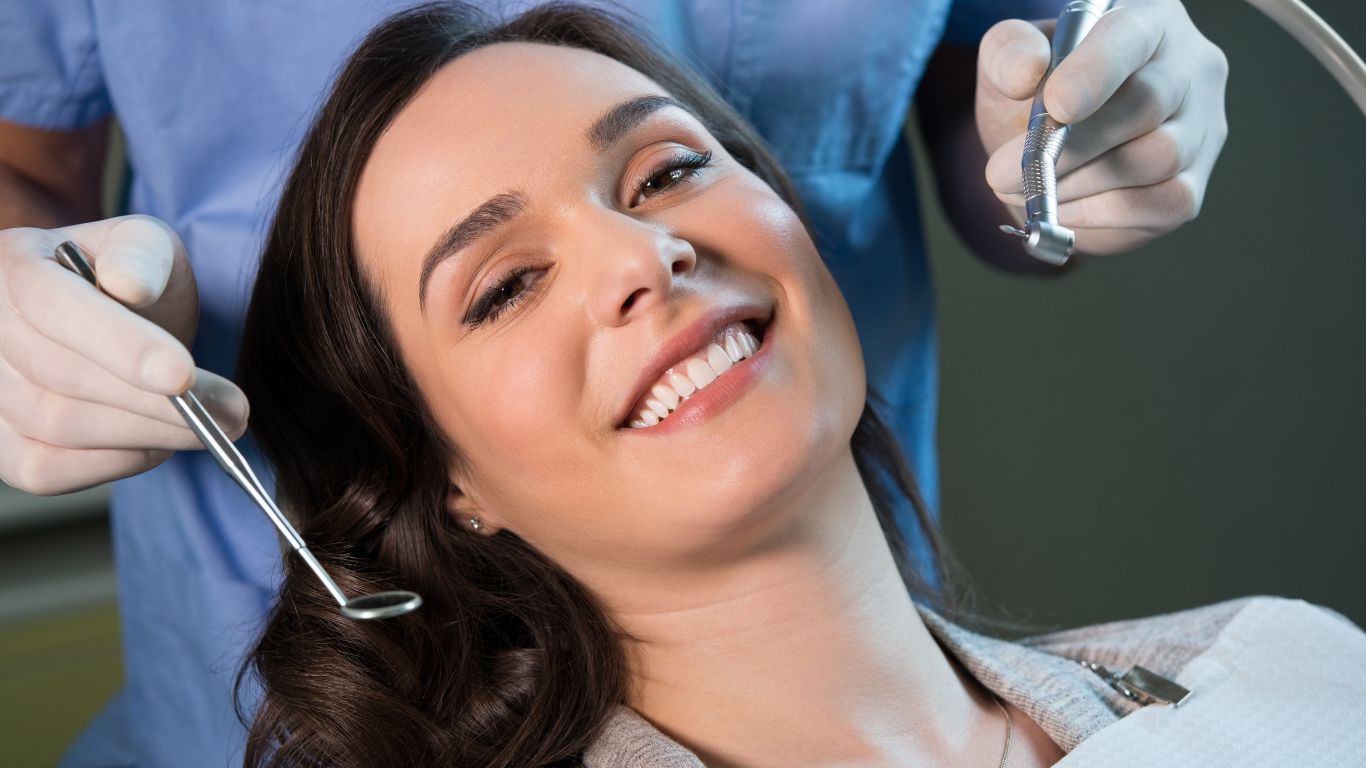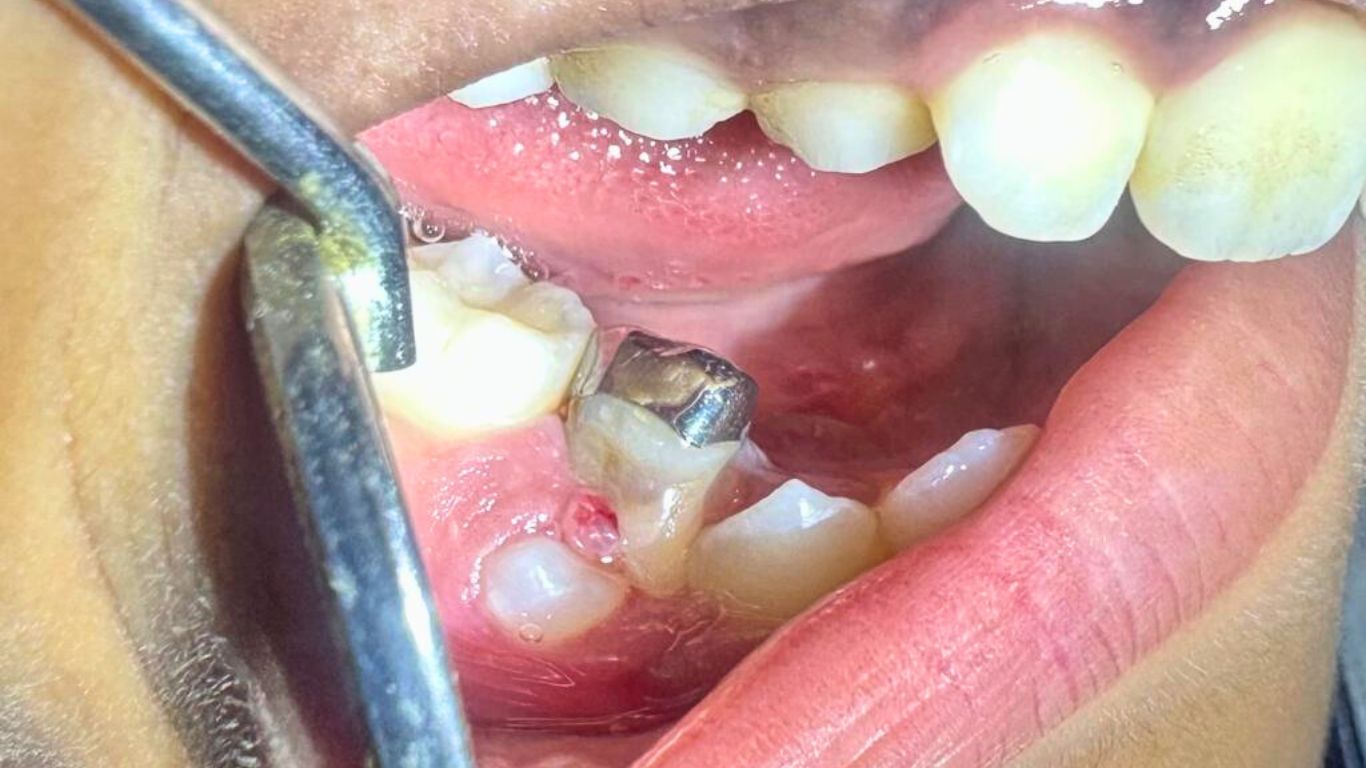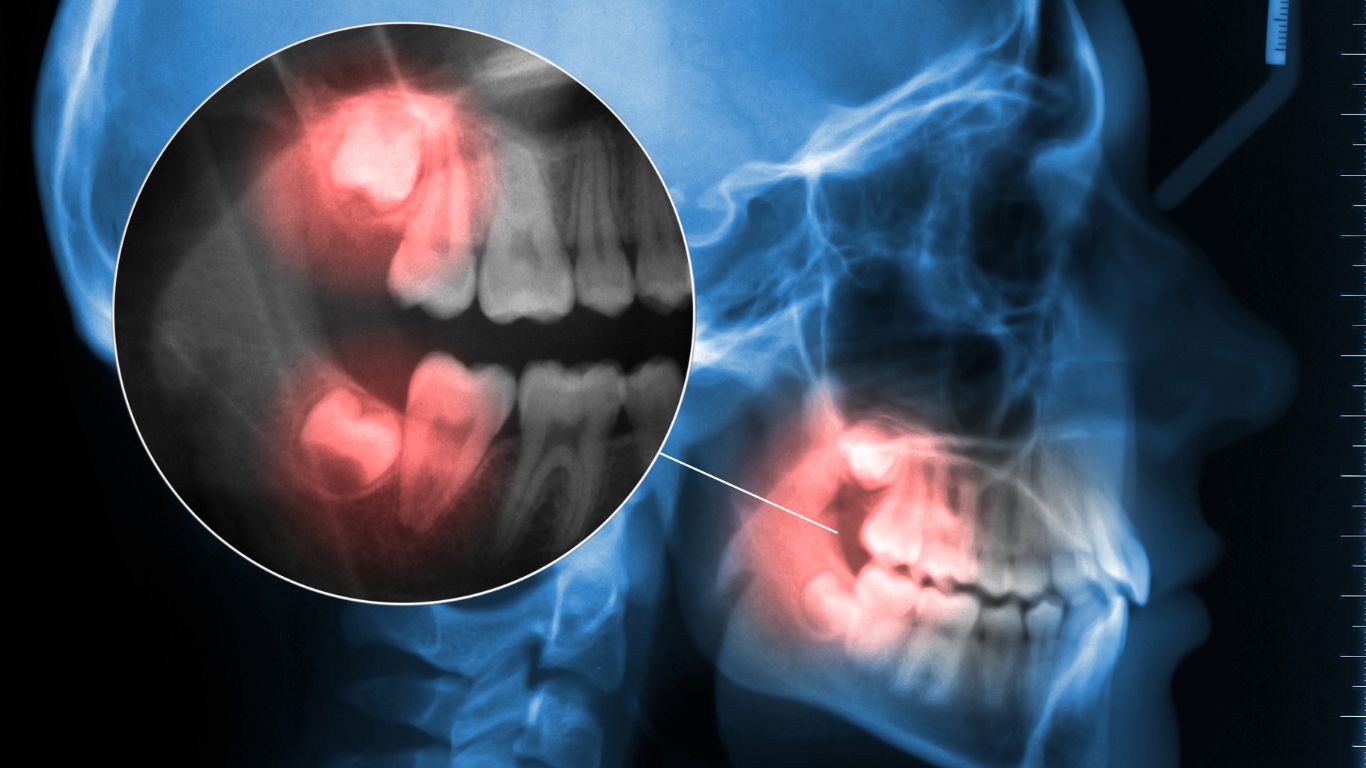Understanding Root Canal Therapy: Myths vs. Facts
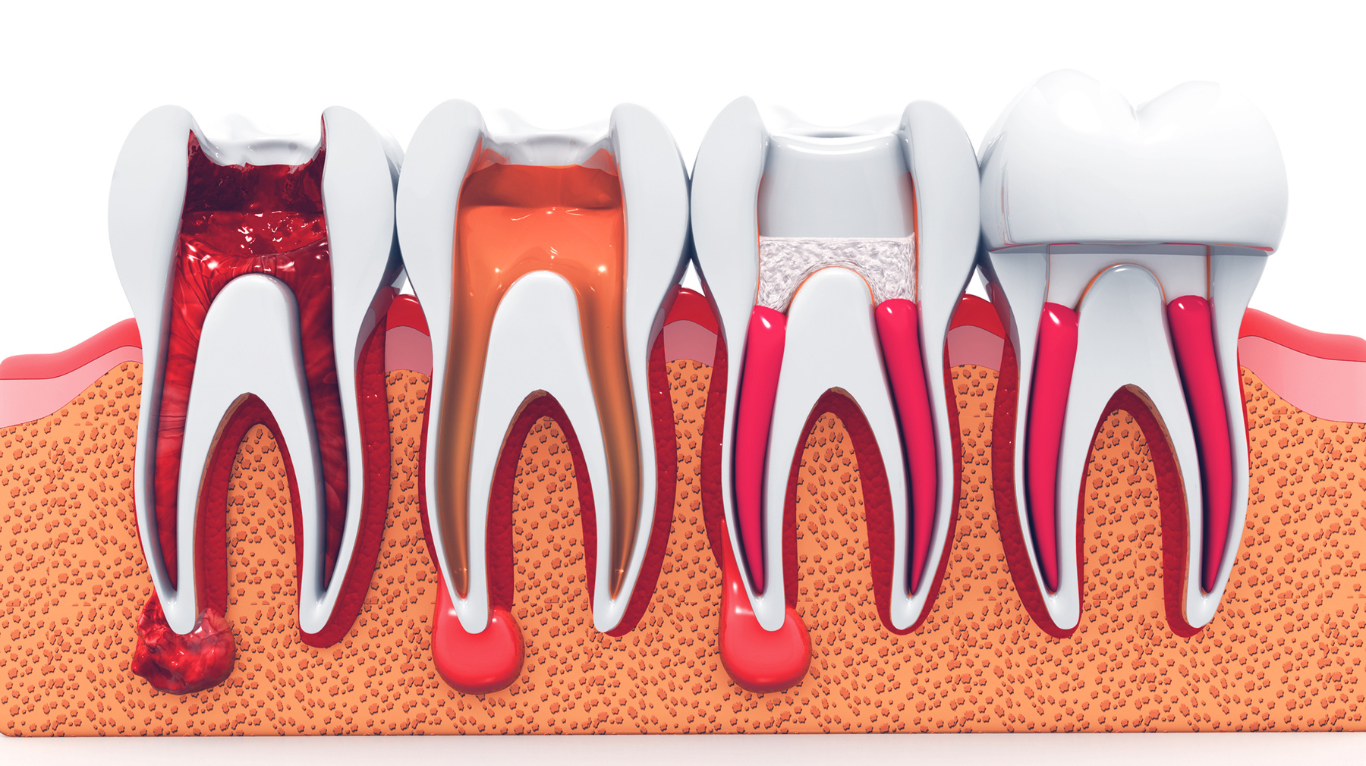
Root canal therapy is a dental procedure that often carries a reputation for inducing anxiety among patients. Unfortunately, this reputation is often fueled by myths and misconceptions. As a dentist at Smile 4u Family Dental Clinic in Kurla, I’m here to debunk these myths and shed light on the facts surrounding root canal therapy.
1. Myth: Root Canal Therapy is Painful
Fact: Root Canal Therapy Relieves Pain
One of the most pervasive myths about root canal therapy is that it is a painful procedure. In reality, the purpose of a root canal is to alleviate the severe pain caused by an infected or inflamed tooth. With modern advancements in dental techniques and anesthesia, the procedure is now relatively painless. Most patients report feeling immediate relief from the pain they experienced before the root canal.
2. Myth: Root Canal Therapy Causes Illness
Fact: Root Canal Therapy is Safe and Effective
There’s a long-standing myth that root canal therapy can lead to systemic illness. This misconception originated from outdated research that has since been debunked. In truth, root canal therapy is a safe and effective procedure. It helps save a natural tooth that might otherwise need extraction, preserving your overall oral health and preventing the need for more extensive treatments.
3. Myth: Extraction is a Better Alternative to Root Canal Therapy
Fact: Saving the Natural Tooth is Ideal
Some believe that extracting a tooth is a better option than undergoing a root canal. However, preserving your natural tooth is always the preferred choice whenever possible. Extracting a tooth can lead to various complications, including changes in bite, difficulty chewing, and the need for replacement options like dental implants or bridges. Root canal therapy allows you to maintain your natural smile and functionality.
4. Myth: Only Severely Painful Teeth Need Root Canal Therapy
Fact: Early Intervention is Key
While severe pain is a common symptom that prompts individuals to seek dental attention, not all cases of infected or inflamed teeth are accompanied by intense pain. Some cases may manifest as mild discomfort or sensitivity. Therefore, it’s essential to pay attention to any changes in your oral health and seek professional advice. Early intervention with root canal therapy can prevent the escalation of the issue and save the tooth.
5. Myth: Root Canal Therapy Requires Multiple Appointments
Fact: Many Cases are Completed in One Visit
Advancements in dental technology and techniques have streamlined the root canal process. While some complex cases may require multiple appointments, many routine root canals can be completed in a single visit. Your dentist will assess your specific situation and provide you with a treatment plan tailored to your needs.
6. Myth: Root Canal Therapy is Only for Adults
Fact: Children Can Benefit from Root Canal Therapy
Contrary to popular belief, root canal therapy is not exclusive to adults. Children may also require this treatment if they have a severely damaged or infected tooth. Preserving primary (baby) teeth is essential for proper oral development, and root canal therapy can play a crucial role in maintaining the health of these teeth until they naturally fall out.
In conclusion, understanding the facts about root canal therapy is essential for dispelling myths and alleviating unnecessary fears. If you’re experiencing dental pain or discomfort, don’t hesitate to consult with a qualified dentist. At Smile 4u Family Dental Clinic in Kurla, we are committed to providing accurate information and personalized care to ensure your dental experience is comfortable and stress-free. Remember, root canal therapy is a valuable procedure that can save your natural tooth and contribute to your long-term oral health
Root canal treatment at Smile 4U Dental Clinic
When selecting a dental clinic for your root canal treatment, Smile 4u in Kurla emerges as the ideal choice. Our clinic, led by experienced professionals like Dr. Sajid Shaikh, prioritizes patient well-being and satisfaction. Opting for Smile 4u means choosing a facility equipped with state-of-the-art technology, ensuring that your root canal procedure is conducted with precision and efficiency. Our dedicated team is committed to providing personalized care, addressing any concerns you may have and ensuring a comfortable experience. Beyond technical expertise, we understand the importance of a compassionate approach, making your journey through root canal treatment as stress-free as possible. With a reputation for excellence in dental care, choosing Smile 4u in Kurla guarantees not only effective root canal treatment but also a commitment to your overall dental health and satisfaction.
Recent Posts
-
 Understanding Root Canal Therapy: Myths vs. Facts
Understanding Root Canal Therapy: Myths vs. Facts -
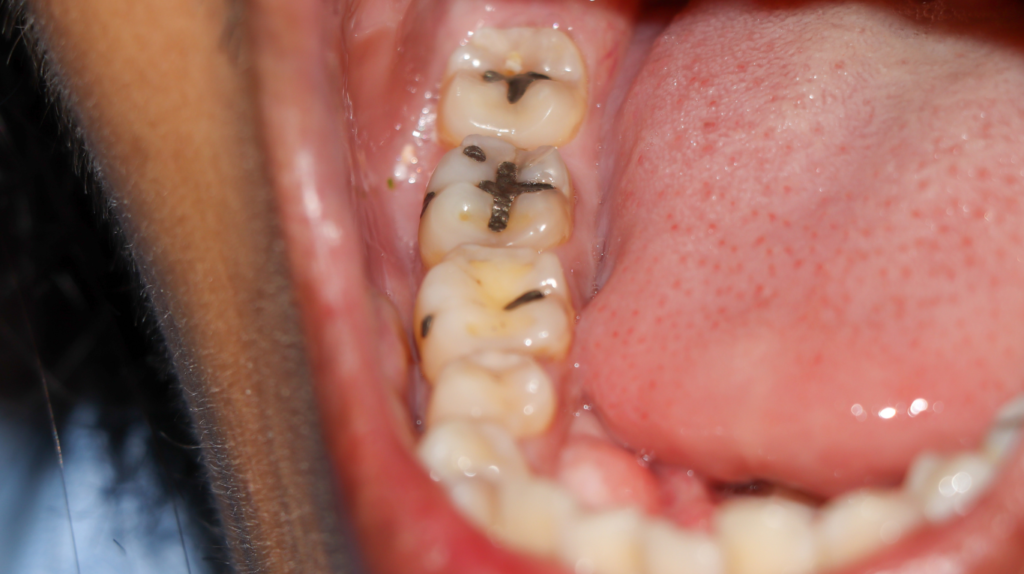 Preventing Tooth Decay: Dos and Don'ts
Preventing Tooth Decay: Dos and Don'ts -
 The Importance of Regular Dental Check-ups
The Importance of Regular Dental Check-ups -
 Gum Disease: Understanding, Preventing, and Treating
Gum Disease: Understanding, Preventing, and Treating -
 Making Dental Visits a Cakewalk for Kids: Conscious Sedation (Laughing Gas) for Comfortable, Painless, and Safe Treatment
Making Dental Visits a Cakewalk for Kids: Conscious Sedation (Laughing Gas) for Comfortable, Painless, and Safe Treatment


